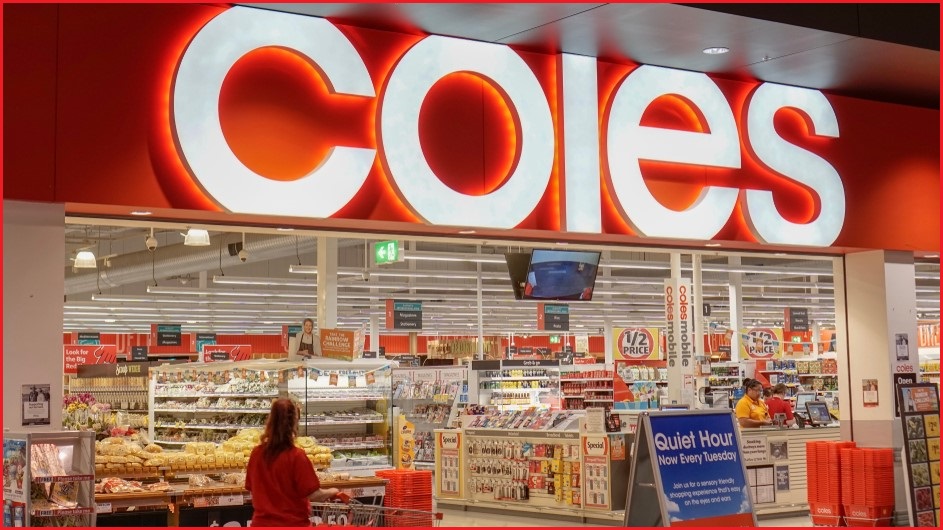Australian supermarket giant Coles has signed a three-year partnership with highly controversial US big data firm Palantir in an effort to cut costs.
Coles announced late last week that it would be using Palantir’s Foundry analytics tool and its Artificial Intelligence Platform across its 840 supermarkets around the country to improve workforce efficiencies and supply chains.
Palantir is an American tech firm founded by venture capitalist Peter Thiel that has a market cap of $57 billion ($US37 billion).
It is best known for its controversial work with the US Immigration and Customs Enforcement agency (ICE) and work with a number of intelligence and military agencies around the world.
The company has worked closely with the CIA and UK Ministry of Defence, and worked with ICE during the Trump administration to implement tough deportation policies, involving assisting the agency in identifying, exchanging information, and tracking migrants and asylum seekers.
Palantir was also involved in the Facebook Cambridge Analytica scandal, according to a whistleblower who said the big data firm worked on some of the data of Facebook users that was obtained by Cambridge Analytica.
Amnesty International has previously accused Palantir of being involved in “serious human rights abuses”.
10 billion rows of data
Coles will use Palantir’s technology over the next three years to bring an “innovative approach to driving operational excellence and improving the way Coles designs, executes and continually enhances its end-to-end workforce strategy and integrated supply chain functions”, Palantir said in a statement.
Using Palantir’s software, Coles will look to identify efficiencies across 10 billion rows of data, the companies said, consisting of every store in the country, team members, shifts and allocations every day.
The partnership will bring legacy data systems and machine learning into a shared end-to-end view of the retail ecosystem.
It will be integrated into the Coles Simplify and Save to Invest program, which has a goal of saving the retailer $1 billion over the coming four years.
“Our development work with Palantir has demonstrated how we can enhance our ability to ensure all departments are optimally resourced – to provide not only the best return on workforce spend, but to drive better customer outcomes in-store,” Coles chief operation and sustainability officer Matt Swindells said in a statement.
“The most exciting part is that we are only just beginning – with a detailed roadmap of work to deliver over the coming years in line with our Simplify and Save to Invest program.”
The partnership will help to connect the Coles C-suite with its day-to-day operation of stores with an aim to make better decisions in terms of efficiencies and cost-savings.
“Our partnership with Coles – an iconic Australian retailer – demonstrates the strength of our Australian commercial business and continues our growth in the retail industry globally,” Palantir Australia head of commercial Ashwin Rajan said.
“Our collaboration showcases how Palantir can be integral to core operations at Coles.
“In a challenging retail environment, we are intending to enable Matt and the operations team to drive their digital transformation agenda at scale, empowering frontline teams to leverage the latest in AI and data to deliver enhanced customer and P&L outcomes every day.”
Coles signed a strategic partnership with Microsoft in 2019 to “transform its operations and drive deeper business insight”, which involved it using Microsoft Azure as its cloud platform of choice.
Palantir’s government work
Palantir also has several contracts with federal government departments and agencies, including the Department of Defence, Australian Signals Directorate, AUSTRAC and the Department of Veterans’ Affairs.
The Victorian government also drew criticism in 2020 for sending some COVID data for potential use by Palantir.
The state government confirmed it had handed COVID mobility data to the Australian Criminal Intelligence Commission to potentially use Palantir’s data harvesting program to identify mystery cases of COVID-19 with an aim of contact tracing.
The Victorian government ultimately opted to use a different platform for this work.










